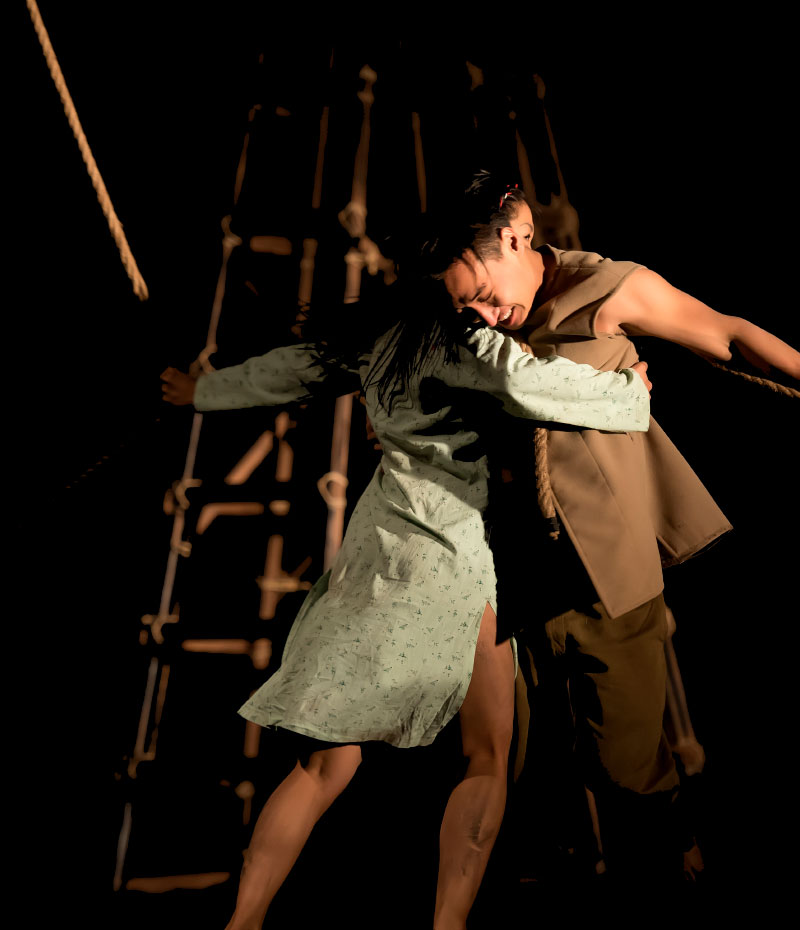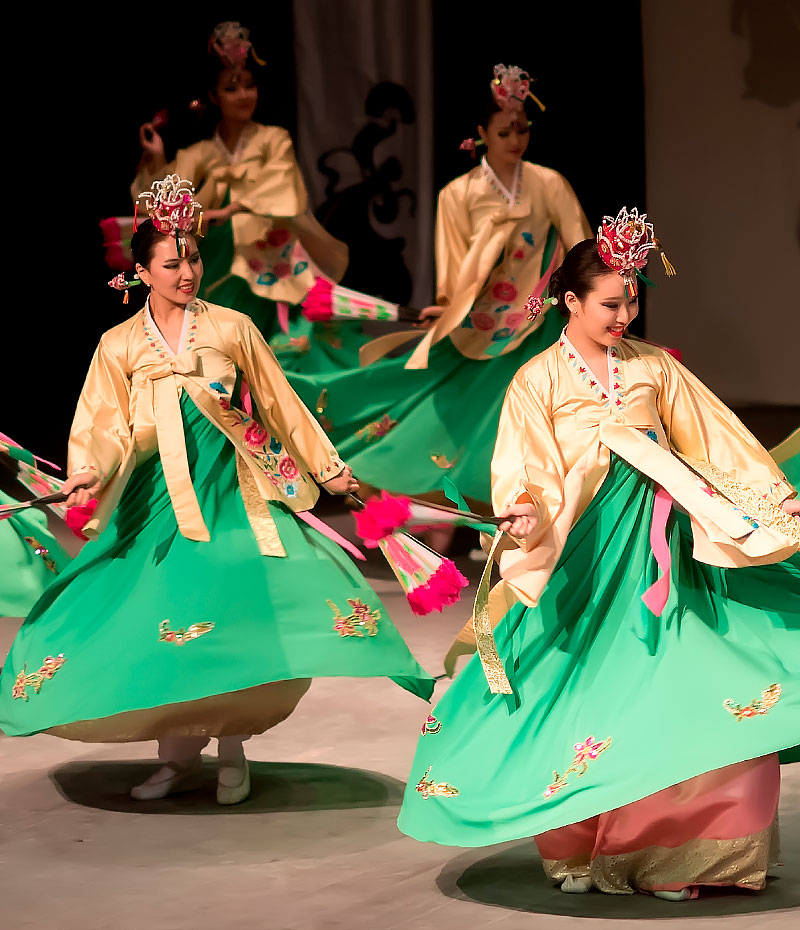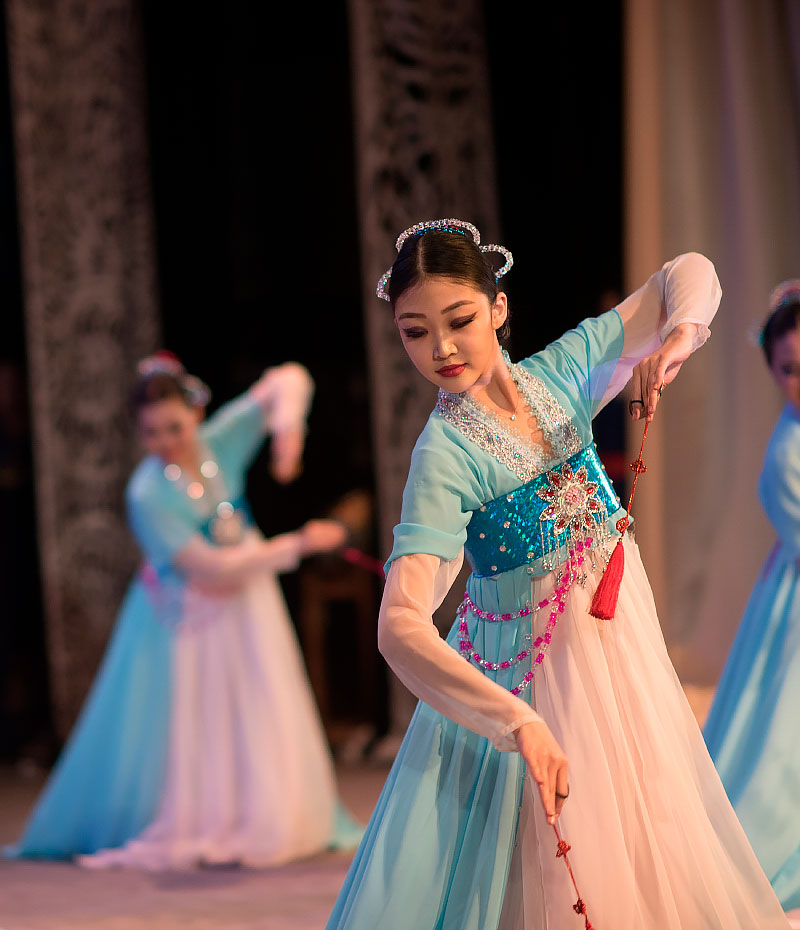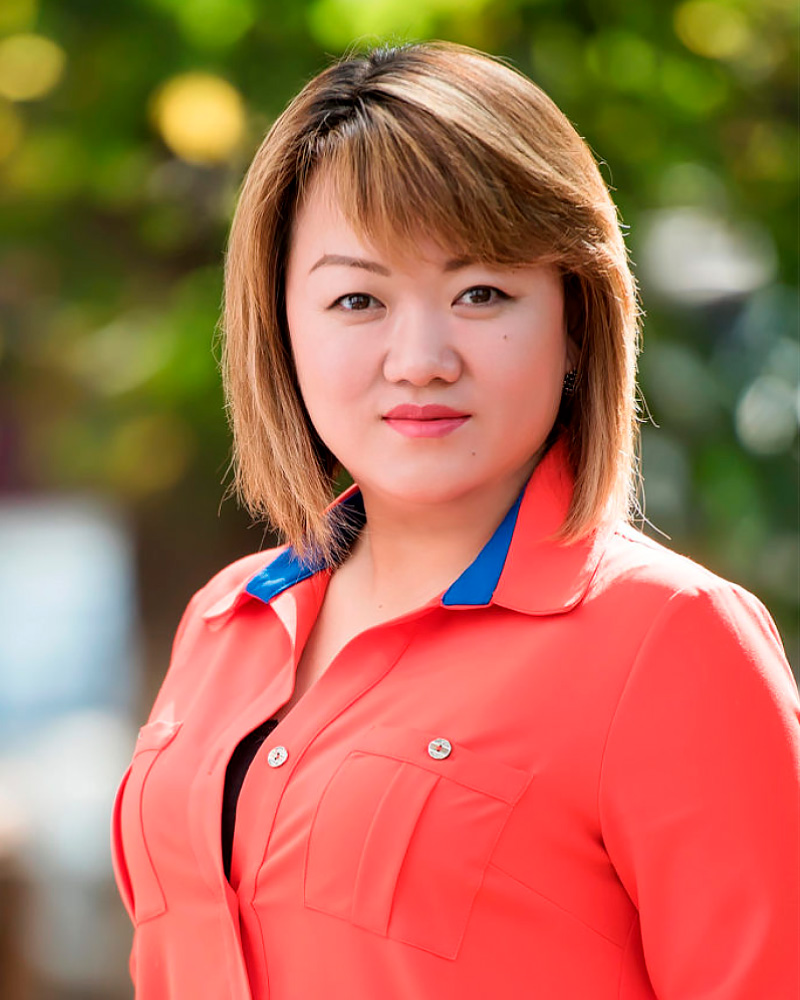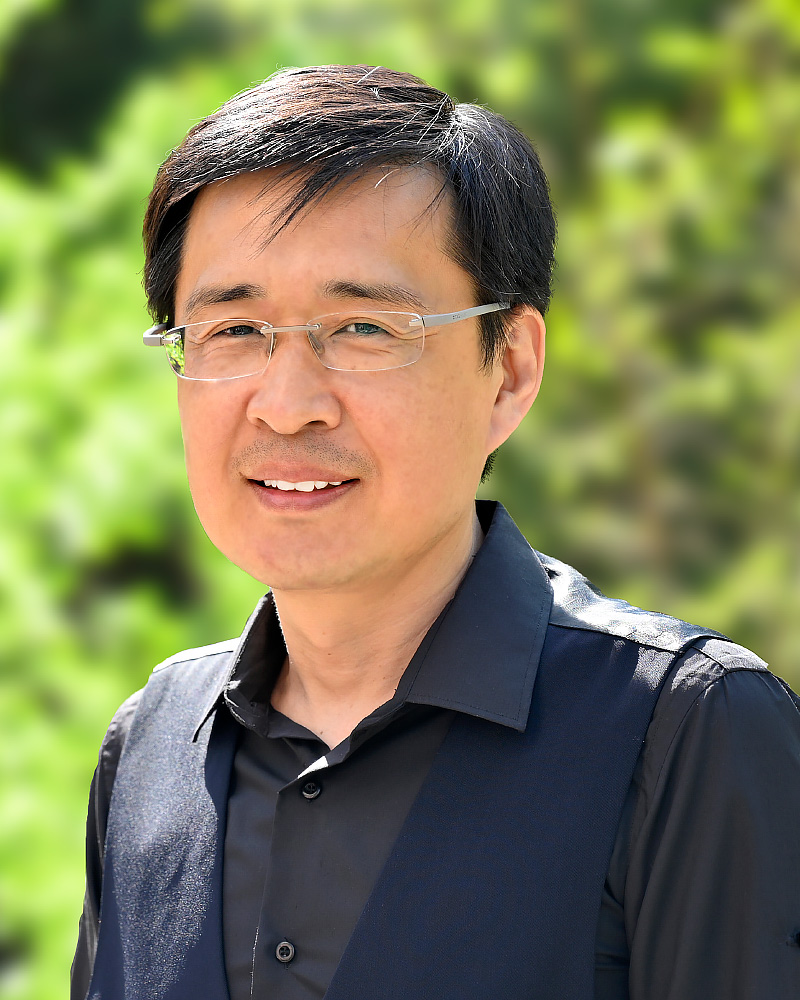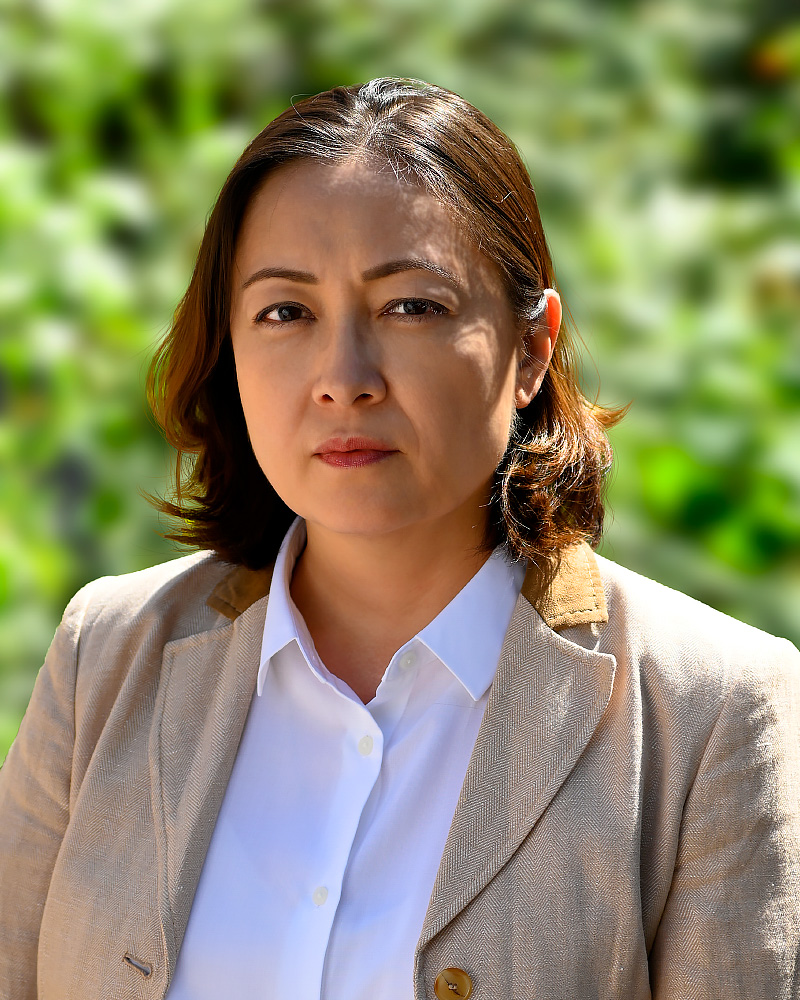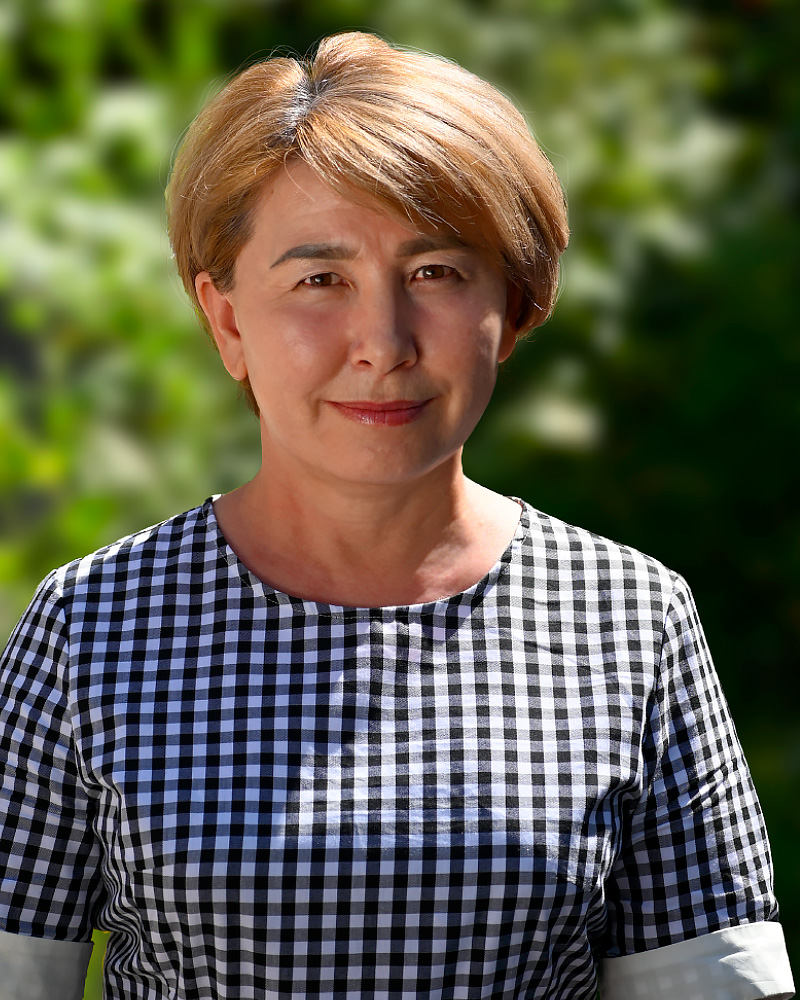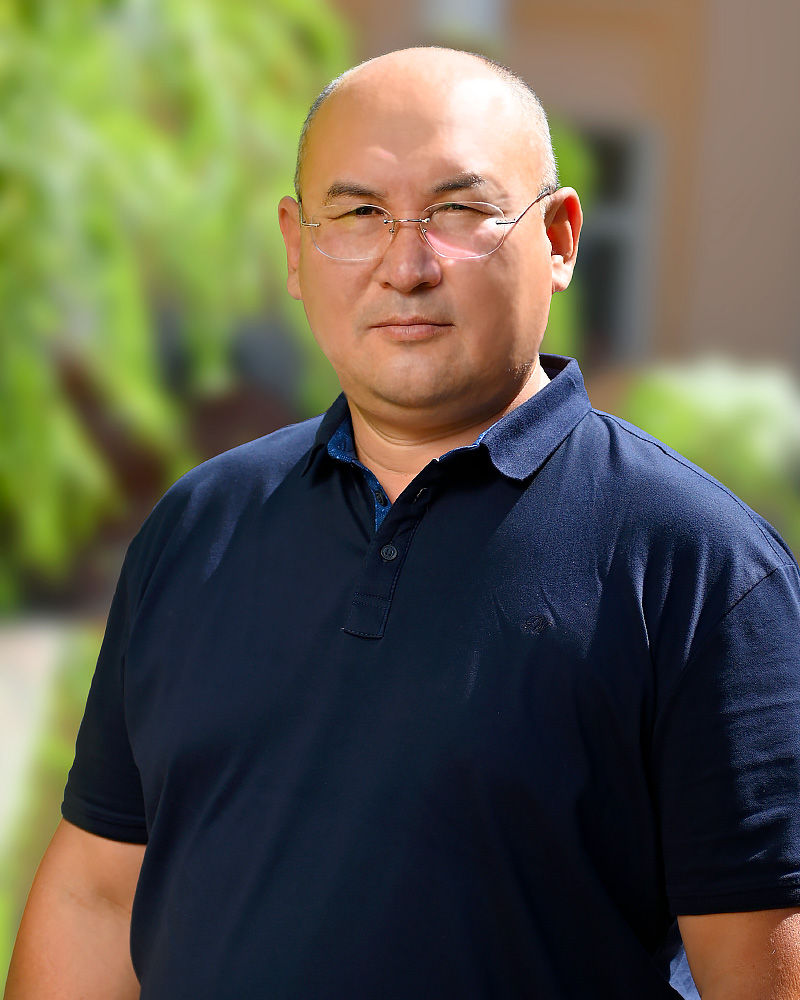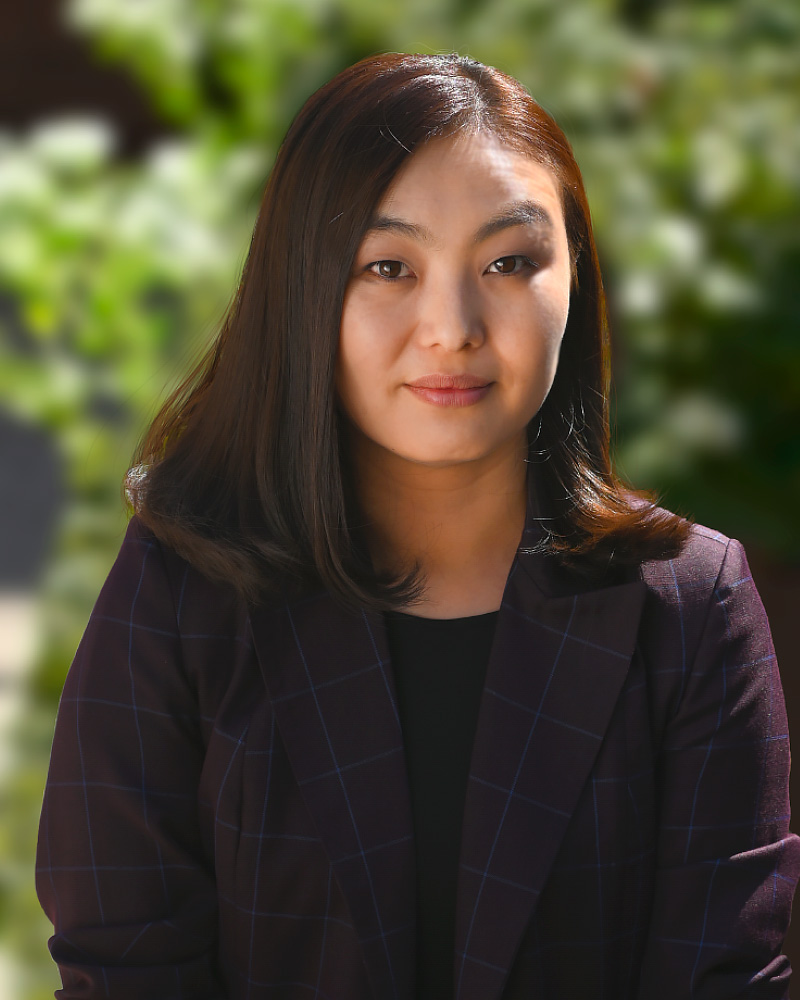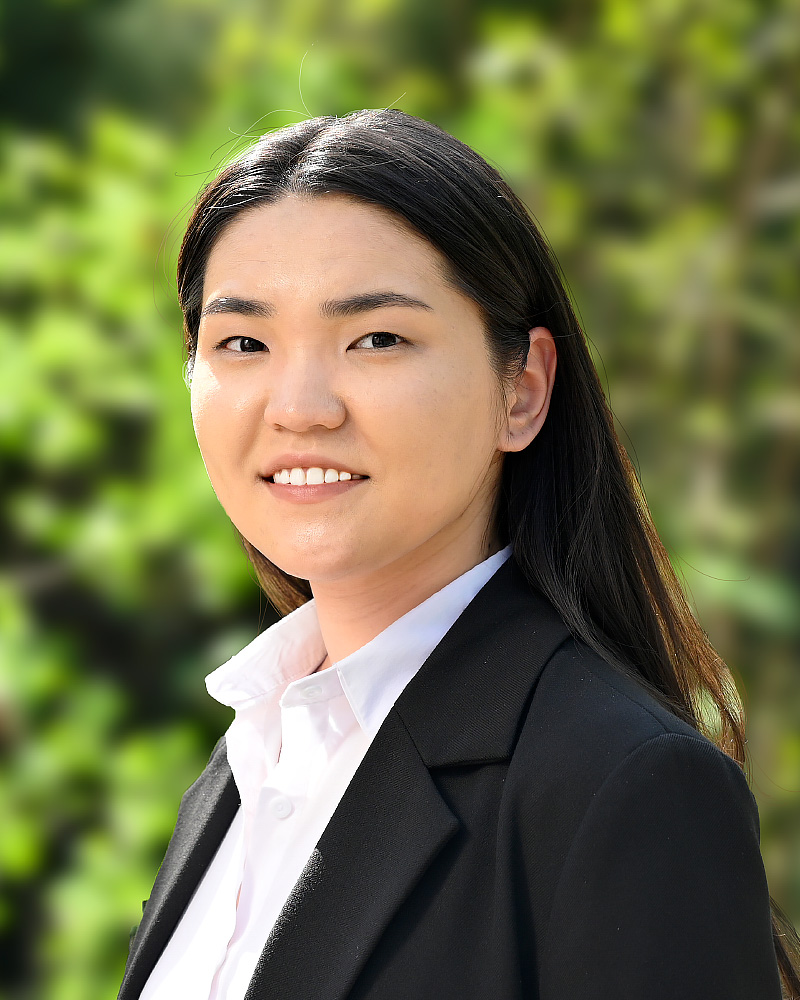About the theater
The Republican State Academic Korean Theater of Musical Comedy has a rich history. Originally it was the Far East Krai Korean Theater, founded in 1932 in Vladivostok. In those years, Korea was occupied by Imperial Japan, and all manifestations of the national culture of the Koreans were banned on its territory. Therefore, our theater is not only the only State Korean Theater operating outside the Korean Peninsula, but also the very first state professional national Korean Theater in the world.
In 1937, during the resettlement of Koreans in Kazakhstan and Central Asia, the theater was divided. One part of it ended up in Kyzyl-Orda, the other was sent to Tashkent. During the Great Patriotic War, the theater moved from Kyzyl-Orda to Ush-Tobe. Then, in 1950, the Taldy-Kurgan Regional Korean Theater of Music and Drama reunited with the Tashkent troupe. In 1959, by the Decree of the Council of Ministers of the Kazakh SSR, the theater was again transferred to the city of Kzyl-Orda. In 1968 the final relocation of the theater to Almaty took place. The theater changed its status and became the Republican Korean Theater of Musical Comedy.
For its contribution to the development of theatrical art, the Korean Theater was awarded a high state award in 1982 – the Order of the Badge of Honor, and has many honorary certificates and diplomas, including international ones.
For 90 years, more than 270 performances and concert programs have been presented on the stage of the theater, which were attended by over 6 million spectators. Theater actors take part in the filming of Kazakhstan and international films and television programs. The basis of the theater’s repertoire is the national Korean dramaturgy, as well as productions by Kazakh and foreign authors. All performances are in Korean with simultaneous translation.
Throughout its history, the theater has always been not only the cultural center of the Koreans of the post-Soviet space, but also a unifying factor, being an ethno-cultural phenomenon that was developed thanks to a well-balanced and clear state policy in the field of culture.
This is a unique creative organism where the fifth generation of artists has already started working.
The Korean Theater has one distinctive feature – all genres of Korean national art are concentrated here: the Samulnori folklore and ethnographic ensemble, the Korean dance ballet troupe, solo vocalists and the basis of the theater – the drama troupe. Artists, in addition to having basic specialized education, regularly undergo trainings in performance improvement courses both in Kazakhstan and, thanks to partner programs, abroad. The creative range of the theater is diverse: from dramatic performances to concert programs in folklore and classical genres. The repertoire of the Korean theater reflects a wide range of spiritual needs of the audience.
Touring activity is one of the most important ways of functioning of the theater, since, according to the government decree, the theater was created “to serve the places of compact residence of Koreans.”
Theater artists received recognition at International festivals of theatrical art in countries like South Korea, Germany, Great Britain, Turkey, Russia, Kyrgyzstan and etc. And now they regularly go on tour around the country and abroad.
The theater celebrated its 90th anniversary with an international project within the framework of the Year of Cultural Exchange between the Republic of Kazakhstan and the Republic of Korea and the 30th anniversary of diplomatic relations between the states. The creative team of the theater held a large-scale tour in the ethnic homeland for 20 days, and participated in the opening of the exhibition “Land of Hope” in the Gallery of the Korean Foundation in Seoul, dedicated to the anniversary.
Five artists of the theater were awarded the high title of People’s Artist, ten – Honored Art Worker, three – Honored Worker of the Republic of Kazakhstan and sixteen – Honored Artist.
And today, despite its venerable age, the theater still attracts young artists who have decided to devote their lives to creativity.
In 2017, our theater was given the status of Academic, and in 2018 the theater was moved to the central part of the city of Almaty. Thus, the state marked the spiritual contribution of the team with a long history.

